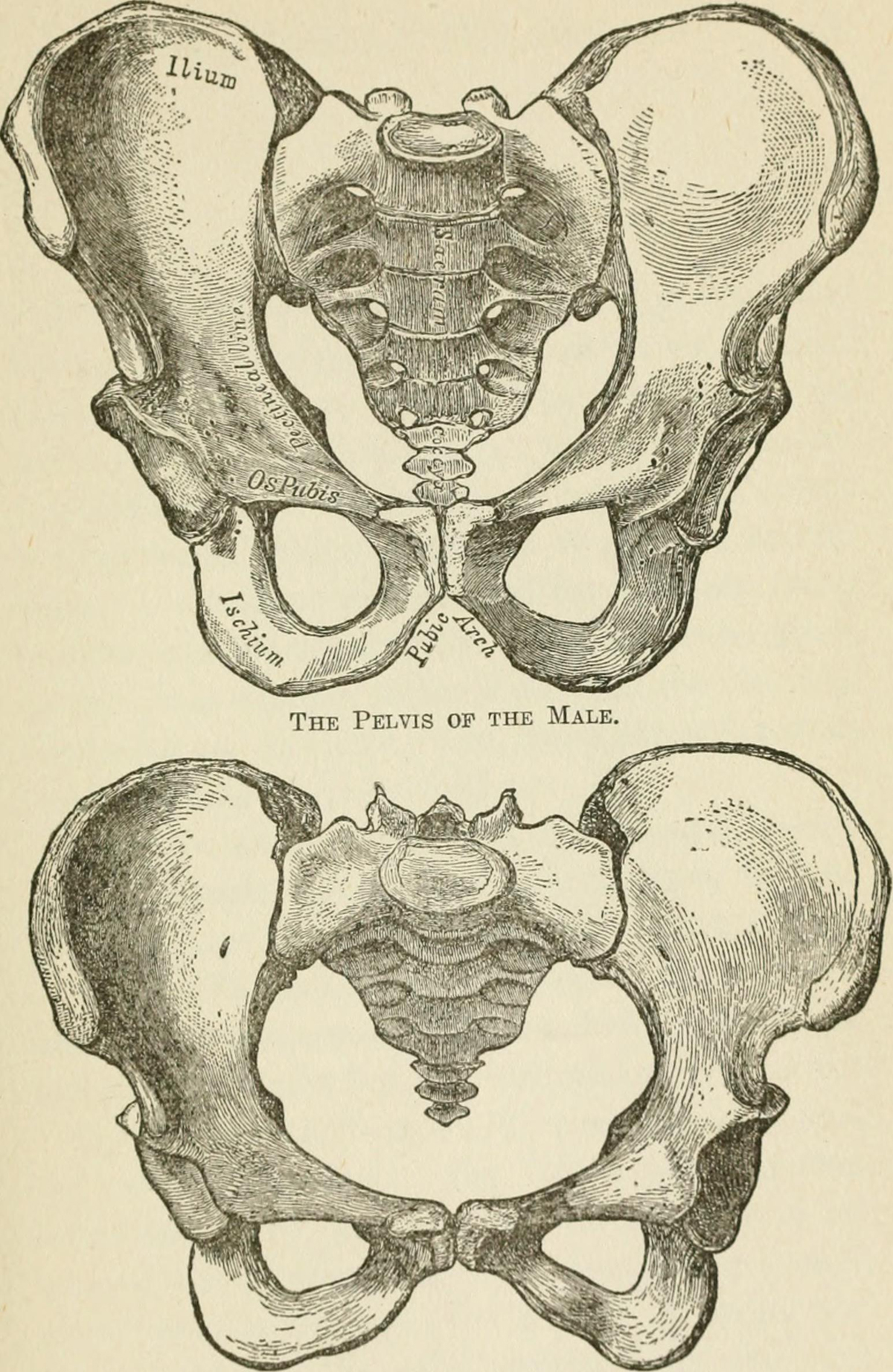
Introduction to hip bone pain
In order to understand why the hipbone experiences pain, it is first important to understand how the bone works.
The thighbone goes to the pelvis and at the end of the bone, it is shaped like a ball, which goes into the socket of the pelvis.
This ball and socket system allows the joint more flexibility and protects it from being dislocated thanks to its strong ligaments and muscles that surround it.
Pain in the hipbone is usually felt in other parts of the body as well, down the legs and knees, and sometimes, even in the groin area.
This can make it hard to diagnose the problem.
The structures that form the hip joint are usually responsible for the initial pain and any time something around the hip is inflamed, there will be pain as well.
Really bad pain, swelling, warmth and redness are some of the most common symptoms of the hip pain.
CausesSome of the main and most common causes of pain in the hipbone include fractures of the bone, osteoporosis, tendonitis, toxic synovitis, osteomyelitis, aseptic necrosis, osteoarthritis, infections, pain in the lower back area, a strain or sprain, bone spurs or gout, which usually affects the toes and ankles and has an indirect effect on the hipbone.
Another common cause for the pain can be pregnancy. When a woman is carrying a child, she can experience hip pain in the final stages of the pregnancy.
During the third trimester, the body releases a hormone called relaxin, which loosens the joints and muscles in the area of the pelvis in preparation for the baby’s delivery.
Many of the muscles and ligaments of the body have very different reactions to the hormone, which can sometimes result in pain, especially in the hip area.
Also, the increasingly large stomach and the changes in the posture of the woman that come along with this can also have negative effects on the hipbone.
A good home remedy is to try sleeping with a pillow between the legs and under the torso, which can help with the pain and allow the mother to get more sleep because the discomfort in the bones will not be as severe.
Athletes also commonly complain of pain in the hipbone, especially runners. There are many different reasons for this.
Sometimes the running surface itself can have an affect on the bones of the body. In other cases, the runner’s technique and the type of sneakers that he or she is wearing can also affect the way they run and whether they are at a risk of injuring the hipbone.
When a runner is injured, usually, the joints that lead to the hipbone will be inflamed, which can be very painful, even when they are sitting down.


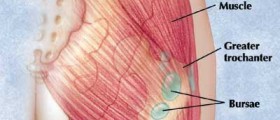
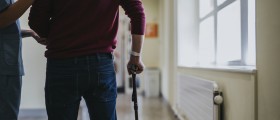
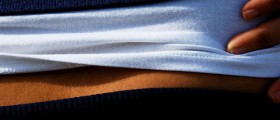
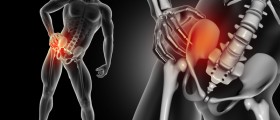

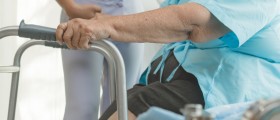


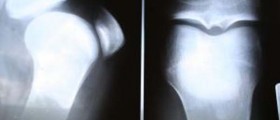
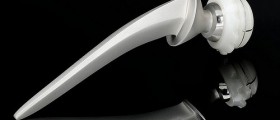


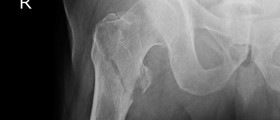
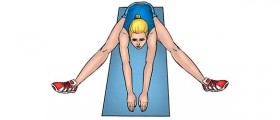
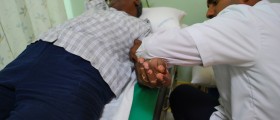
Your thoughts on this
Loading...